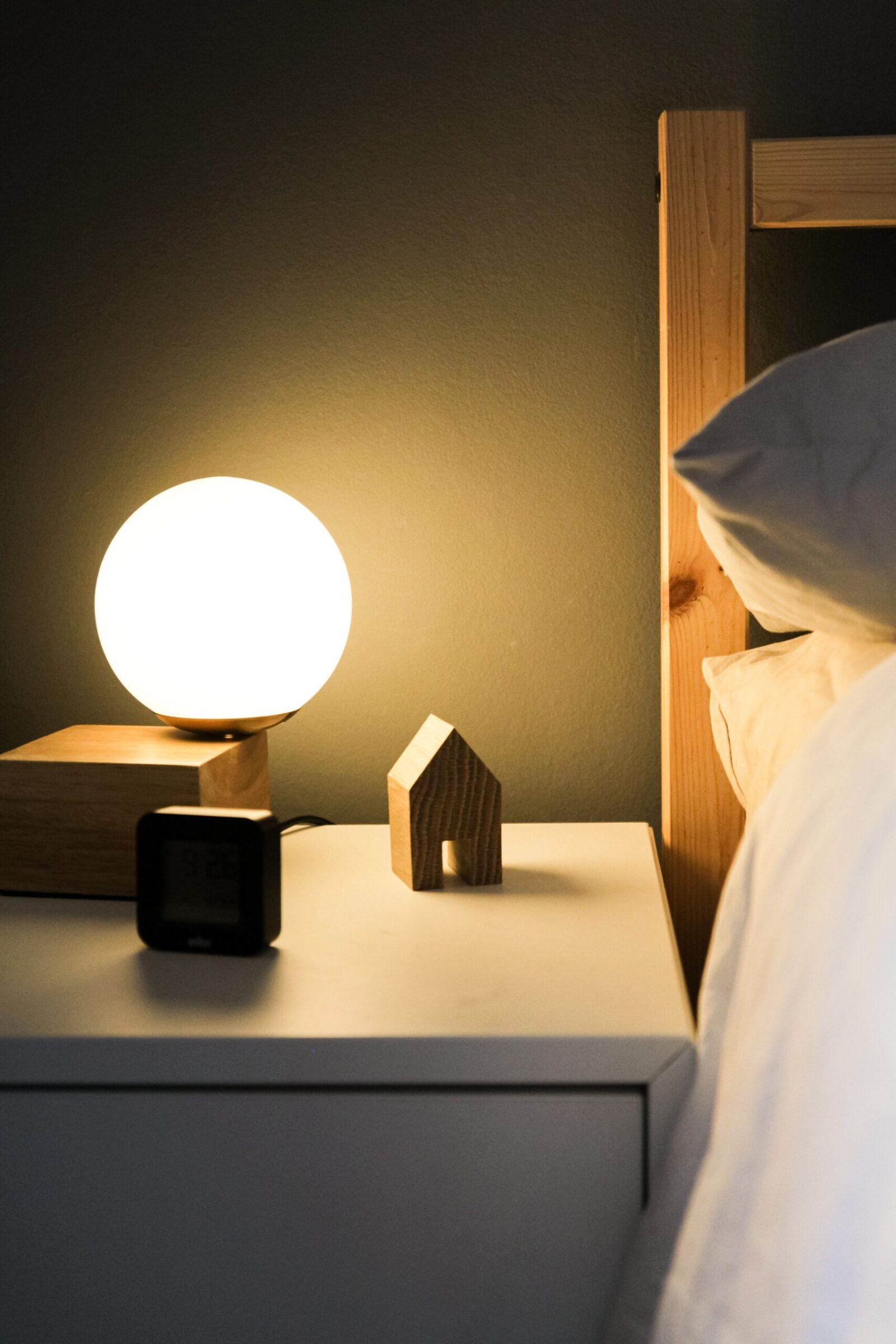Published 15 February 2024
How To Fall Asleep Faster: Expert Insights
Discover best practices grounded in scientific research for helping you fall asleep quickly and easily.
Published 15 February 2024
Discover best practices grounded in scientific research for helping you fall asleep quickly and easily.
Finding effective ways to fall asleep—and stay asleep—is a widespread pursuit. This article explores scientifically-researched methods for quickly falling asleep. Explore proven methods for optimizing your sleep environment, mastering relaxation techniques, and aligning with circadian rhythms to achieve the goal of falling asleep faster.
a. Light management: Dimming lights and reducing screen exposure before bedtime stimulates melatonin release, promoting quicker sleep initiation. Where to start? Try avoiding screen time for an hour before heading to bed.
b. Temperature control: Maintaining a cooler room temperature of around 65°F (or 18°C) when you want to initiate sleep encourages the natural drop in core body temperature, which in turn helps you fall asleep.
a. Progressive muscle relaxation: Sequentially tensing and relaxing muscle groups induces physical relaxation, minimizing anxiety and making it easier to sleep.
b. Controlled breathing: Employ techniques like the 4-7-8 method, involving intentional breath counts, triggering a relaxation response. What’s the 4-7-8 method? It’s simple—breath in for 4 counts, hold for 7 counts, exhale for 8 counts.
a. Cognitive behavioral therapy (CBT-I): Scientifically grounded CBT-I focuses on altering thought patterns and behaviors associated with insomnia, promoting quicker sleep initiation.
b. Visualization techniques: Engaging in positive imagery or creating mental calm-scapes redirects racing thoughts, facilitating relaxation.

a. Consistent sleep schedule: Maintaining a consistent sleep timetable reinforces the body’s internal clock, optimizing sleep quality and speeding up the process of falling asleep..
b. Pre-sleep routine: Calming activities before bed, such as reading or taking a warm bath, signals the body to wind down, leading to faster sleep onset.
a. Avoid heavy meals: Steer clear of large or spicy meals close to bedtime to prevent discomfort and hindered sleep initiation. If you get hungry before bed, opt for a light snack.
b. Limit caffeine and alcohol: Reducing caffeine intake in the afternoon and abstaining from alcohol before bedtime prevents disruptions in the sleep cycle, supporting swift sleep onset.
This exploration of scientifically verified behaviors for faster sleep onset presents a range of effective strategies. By optimizing your sleep environment, mastering relaxation, synchronizing with your body’s rhythms, and making informed dietary choices, you can unlock a comprehensive toolkit for achieving prompt and effective sleep.
Note: This article provides scientifically grounded approaches for faster sleep onset. Individuals dealing with persistent sleep issues are advised to seek guidance from healthcare professionals to address potential underlying causes and receive personalized recommendations.
The latest industry news, interviews, technologies, and resources.
This website uses cookies to improve user experience. To learn more take a look at our Privacy policy.
By selecting "Accept cookies" on this banner, you agree to the use and storage of cookies on your device.
Olivia Baker